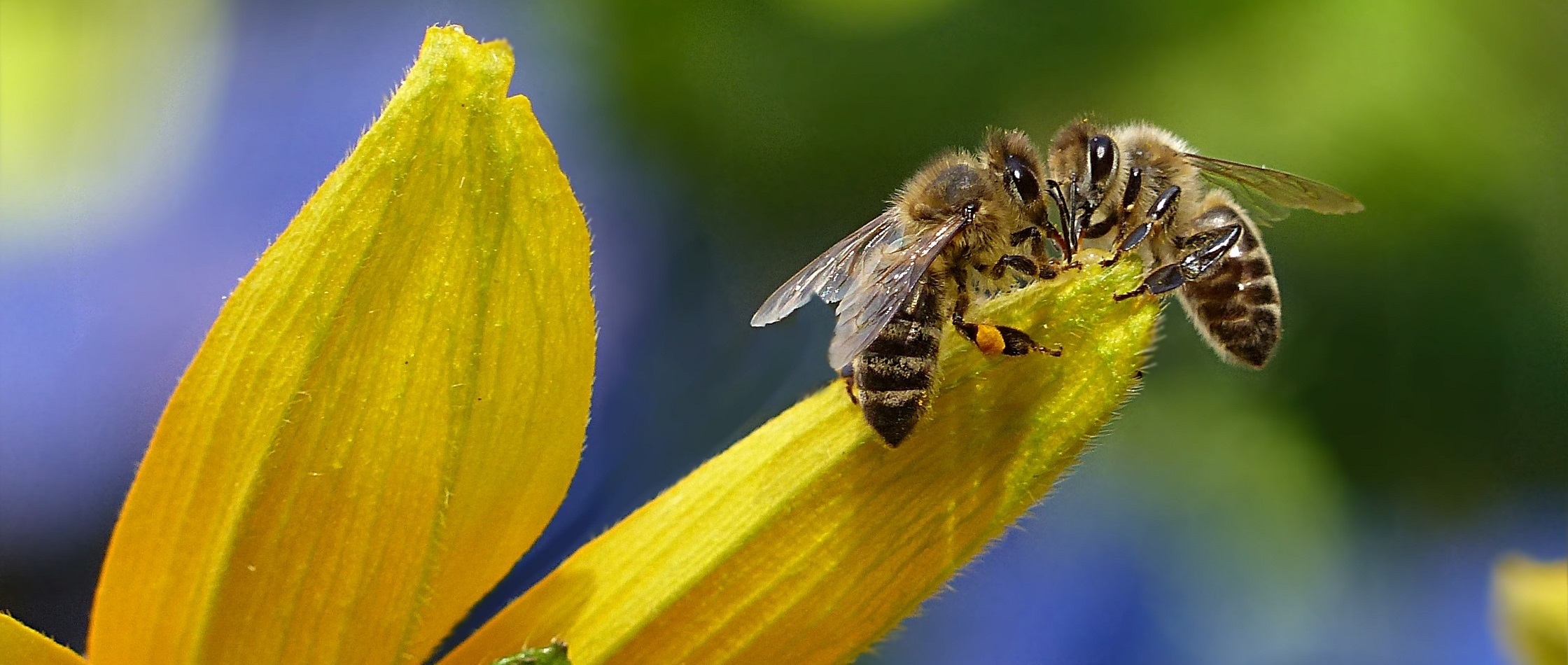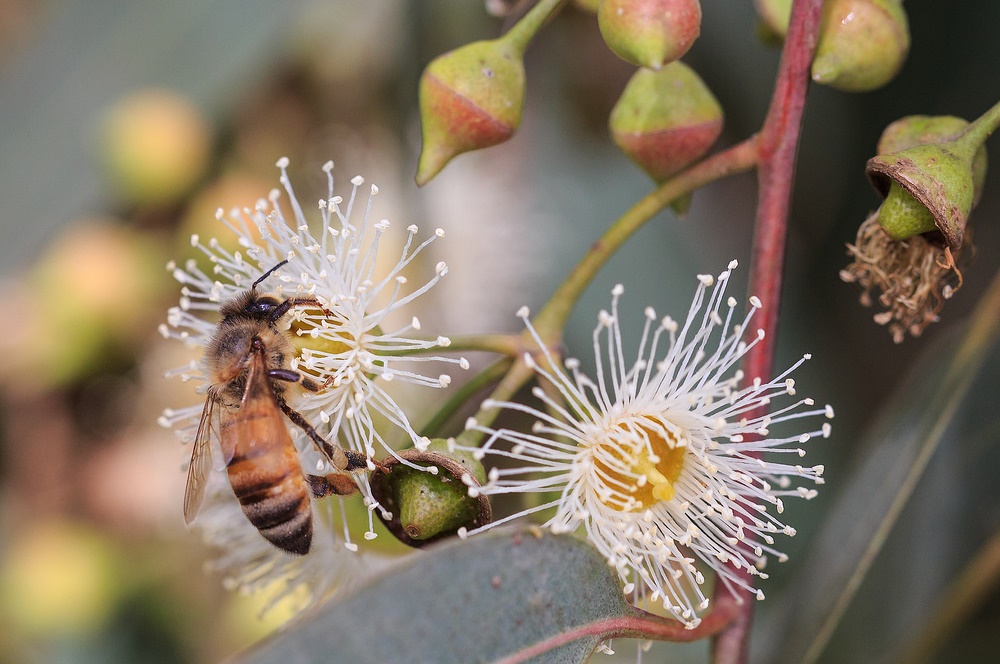
Company Know-how bewahren und weiterentwickeln
Company Know-how Management
Wissens-Plattform und Wissens-Management
Ein Unternehmenswiki vernetzt Unternehmenstradition, Kennzahlen und Strategien mit kreativen Ideen für künftige Innovationen. Damit bietet es excellente Möglichkeiten, die Arbeit von Projektteams, Gremien oder Trainern zu bereichern und in gelungene Resultate zu überführen. Neue Kollegen schöpfen Wissen aus dem firmeneigenen Lexikon, finden die richtigen Talente für ihr Projekt und bringen ihr eigenes Know-how ein. Intelligente Vernetzungen machen Ihr Unternehmenswiki zu einem individuellen Werkzeug für die Weiterentwicklung Ihres Unternehmens, Ihrer Produkte und nicht zuletzt Ihrer Mitarbeiter.
Leistungen
- unternehmensweite Wissensplattform für Projekt- und Mitarbeiterteams
- Bereitstellung einer Cloud-Workplace-Architektur
- Nutzung von Open-Source Frameworks und damit Erweiterbarkeit
- Verfügbarkeit der Daten, Fakten, Ideen in Echtzeit
- effiziente Contentpflege via WYSIWYG-Editor
- Suchroutinen analog Wikipedia
- integrierte Templates
- Mandantenmanagement
Optionen - digitale Evolution
- Qualifizierungsprogramme und Trainingsmodule
- Integration verschiedener Partner
Lern- und Gedächtnisleistungen der Wildbienen
Die Vorläufer der heutigen Blütenpflanzen wurden überwiegend durch Wind bestäubt, erst vor ca. 135 Mio. Jahren entstand die Insektenbestäubung. Damit wurde der Pollen effektiver verbreitet. Die Pflanzen entwickelten immer auffälligere Blütenformen, Blütenfarben und Blütendüfte, um die Insekten anzulocken. Neben Pollen wurde auch Nektar geboten. Häufig nur für das Bienenauge sichtbare Zeichnungen, sogenannte Saftmale, und Gerüche wiesen den Weg zu der Nektarquelle. Der Vorteil für die Pflanze: Die Insekten flogen immer dieselben ergiebigen Arten an. Damit wurde der Pollen besonders zielsicher zu Pflanzen derselben Art transportiert. Das setzte voraus, dass die Insekten in der Lage waren, Farben zu sehen, Düfte wahrzunehmen und dabei Lern- und Gedächtnisfähigkeiten entwickelten.
Blütenspezialisten: Biene und Pflanze haben eine sehr enge Verbindung und sie stehen in Abhängigkeit voneinander. Etwa ein Drittel der in Deutschland vorkommenden 550 Wildbienenarten ist zum Pollen sammeln auf eine einzige Pflanzenfamilie oder Pflanzengattung spezialisiert.
Verschwindet die Biene, verschwindet auch die Pflanze und umgekehrt!
Zitat/ Quelle: https://mecklenburg-vorpommern.nabu.de
Spezialisierung und Schutz der Wildbienen
mehr erfahren

Wissens-Plattform und Wissens-Management
Ein Unternehmenswiki vernetzt Unternehmenstradition, Kennzahlen und Strategien mit kreativen Ideen für künftige Innovationen. Damit bietet es excellente Möglichkeiten, die Arbeit von Projektteams, Gremien oder Trainern zu bereichern und in gelungene Resultate zu überführen. Neue Kollegen schöpfen Wissen aus dem firmeneigenen Lexikon, finden die richtigen Talente für ihr Projekt und bringen ihr eigenes Know-how ein. Intelligente Vernetzungen machen Ihr Unternehmenswiki zu einem individuellen Werkzeug für die Weiterentwicklung Ihres Unternehmens, Ihrer Produkte und nicht zuletzt Ihrer Mitarbeiter.
Leistungen
- unternehmensweite Wissensplattform für Projekt- und Mitarbeiterteams
- Bereitstellung einer Cloud-Workplace-Architektur
- Nutzung von Open-Source Frameworks und damit Erweiterbarkeit
- Verfügbarkeit der Daten, Fakten, Ideen in Echtzeit
- effiziente Contentpflege via WYSIWYG-Editor
- Suchroutinen analog Wikipedia
- integrierte Templates
- Mandantenmanagement
Optionen - digitale Evolution
- Qualifizierungsprogramme und Trainingsmodule
- Integration verschiedener Partner
- Dynamischer Wissenstransfer
- Content-Management und internes Marketing
- Innovationskultur: fruchtbarer Austausch über Mitarbeiterideen
- Change Management: digitale Prozesskultur fördert digitale Skills
- Stärkung der Unternehmensidentität und Bindung digitaler Talente
